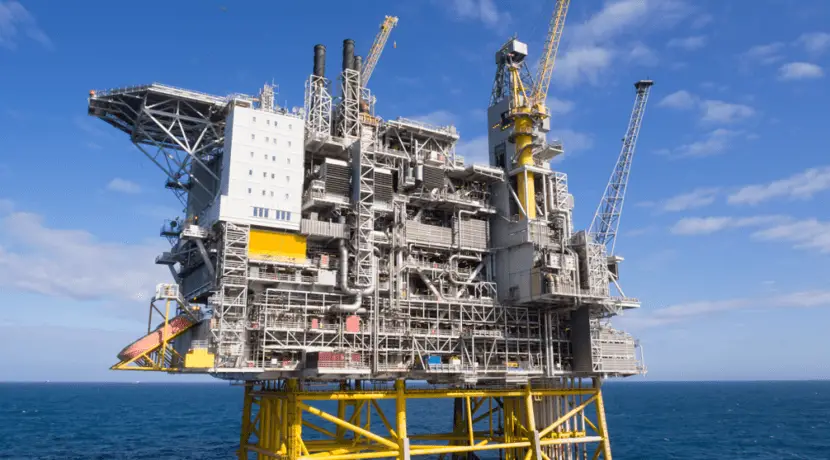Germany wants to promote CO₂ storage with tax money
Action against climate change March 14, 2024 2:33 p.m. Robert Klatt The Federal Ministry of Economic Affairs and Climate Protection (BMWK) wants to store CO₂ under the seabed of the North Sea in order to combat climate change. Businesses will soon be supported by tax money. Berlin, Germany). The concentration of CO₂ in Earth’s atmosphere […]

Action against climate change
Robert Klatt
The Federal Ministry of Economic Affairs and Climate Protection (BMWK) wants to store CO₂ under the seabed of the North Sea in order to combat climate change. Businesses will soon be supported by tax money.
Berlin, Germany). The concentration of CO₂ in Earth’s atmosphere recently reached its highest level in a million years, according to the American Mogenic Society (AMS). Many scientists are therefore convinced that reducing CO₂ emissions can no longer stop climate change and that carbon capture and storage (CCS) techniques are needed to remove CO₂ from the Earth’s atmosphere, which can then be stored. Denmark recently authorized the first companies to store large quantities of CO₂ under the seabed of the North Sea.
The Federal Ministry of Economic Affairs and Climate Protection (BMWK) has announced that Germany also wants to store excess CO₂ under the North Sea. According to Bernhard Kluttig, head of the industrial policy department at BMWK, companies such as cement plants that generate unavoidable process emissions should be supported with tax money.
“Government funding will certainly be necessary. This involves emissions that are difficult to avoid.
Amendment to the law on carbon dioxide storage
At the end of February 2024, Federal Economics Minister Robert Habeck (Greens) presented an amendment to the Carbon Dioxide Storage Act, which allows the storage of CO₂ under the seabed. According to the bill, the storage of CO₂ on land should not be permitted. The vote on the law should take place in April 2024.
CCS carries high costs
According to researchers at the Geomar Helmholtz Ocean Research Center (GEOMAR), the cost of CO₂ deposits is high. Their exploration costs between 100 and 200 million euros per deposit. Industrial facilities also need separation towers that capture CO₂ and transportation systems need to be built to the coast and from there to storage facilities.
As part of recently presented climate protection agreements with companies, the federal government is financing companies intended to contribute to the decarbonization of energy-intensive industries. In addition, the new incentive guideline “Federal Promotion of Industry and Climate Protection (BIK)” provides funding for companies that can also invest in CCS.














